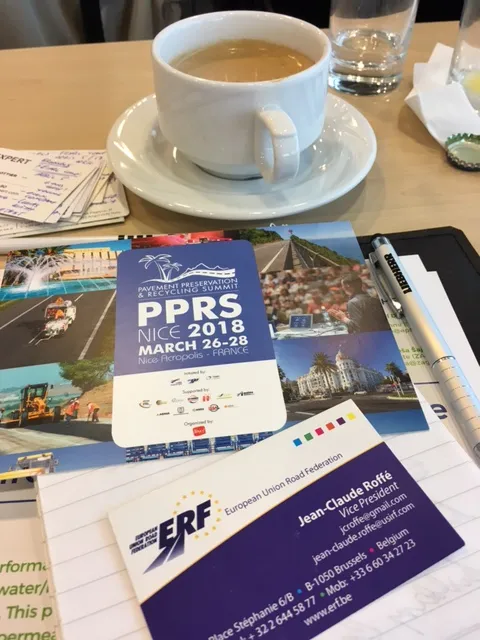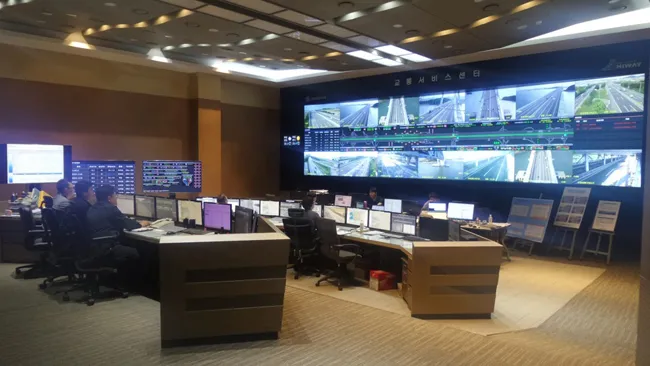From 15 March 2013, French traffic police in 13 départements will be using new-generation radar speed cameras. The cameras will be fitted to unmarked vehicles in a bid to catch rogue drivers breaking the speed limit. Said to be designed to pass among vehicles unnoticed, they will photograph the offending vehicles on the move and without attracting attention with a flash. The new radars are set to be phased in to replace the old ones at a rate of 100 per year, reaching 300 vehicles by 2016. Road safety body
March 4, 2013
Read time: 1 min
From 15 March 2013, French traffic police in 13 départements will be using new-generation radar speed cameras.
The cameras will be fitted to unmarked vehicles in a bid to catch rogue drivers breaking the speed limit. Said to be designed to pass among vehicles unnoticed, they will photograph the offending vehicles on the move and without attracting attention with a flash.
The new radars are set to be phased in to replace the old ones at a rate of 100 per year, reaching 300 vehicles by 2016.
Road safety body6081 Sécurité Routière has reported that in 2012 speeding accounted for 26% of fatal road accidents in France - some 1,000 deaths. Since 2003, speed cameras are said to have cut speed-related road deaths in France by up to 50%.
The cameras will be fitted to unmarked vehicles in a bid to catch rogue drivers breaking the speed limit. Said to be designed to pass among vehicles unnoticed, they will photograph the offending vehicles on the move and without attracting attention with a flash.
The new radars are set to be phased in to replace the old ones at a rate of 100 per year, reaching 300 vehicles by 2016.
Road safety body









